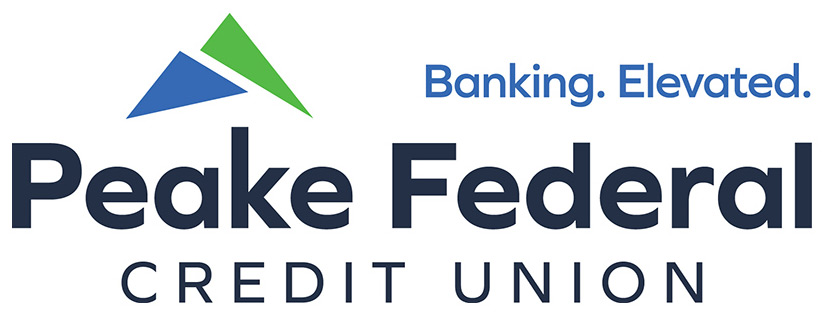The process of searching for used cars can be long and exhausting. This is especially true if you’re not sure where to start. Are you purchasing from a private seller or a dealer? Do you need to take out a loan or are you paying in cash? To answer all of these questions, here are some helpful tips to consider when shopping for a used vehicle.
What Do You Need in a Used Car?
The first step of any car buying process is determining how it will fit your needs. Are you purchasing a vehicle for your child or another first-time driver? Perhaps older models with strong safety ratings will best suit your needs.
Growing families will want to look into used SUVs and minivans to maximize space, while commuters may want to prioritize gas mileage above other features. Utilize online resources to help you determine accurate statistics for gas mileage. Fuelly.com, for example, provides aggregate gas mileage numbers from actual drivers to give you a realistic estimate of fuel usage.
Next, make a list of features you can’t live without, and those you would like to have, but could compromise on. Whether it’s a sun-roof, seat warmers, or AC, identify what’s most important to you. This will help you straighten out your priorities and streamline the shopping process.
Determine Your Budget
The next step is a crucial one. Once you’ve identified what you need from your vehicle, it’s time to determine what you can afford. Most used car shoppers do so because the price tag of new vehicles isn’t quite right for them. To what extent is that true? Used cars can be found anywhere priced from a few thousand dollars to nearly the cost of a new vehicle. Are you looking to pay the entire price up-front? If that’s the case, you’ll likely end up having to settle for vehicles with higher mileage.
If you need a loan, the budgeting process should involve contacting financial institutions to see what kind of used cars they’ll grant a loan for. When possible, avoid “buy here, loan here” dealerships as their in-house financing often comes with interest rates that are far higher than those from a bank or credit union.
Dealer vs. Private Sellers
Contact us before buying your next used car!
Purchasing a used car can be a daunting process. However, by following these tips you’ll be better equipped to shop smart and get the vehicle that’s right for you. If you’d like to learn more about financing used vehicles, contact the Loan Department at Your Credit Union today!










